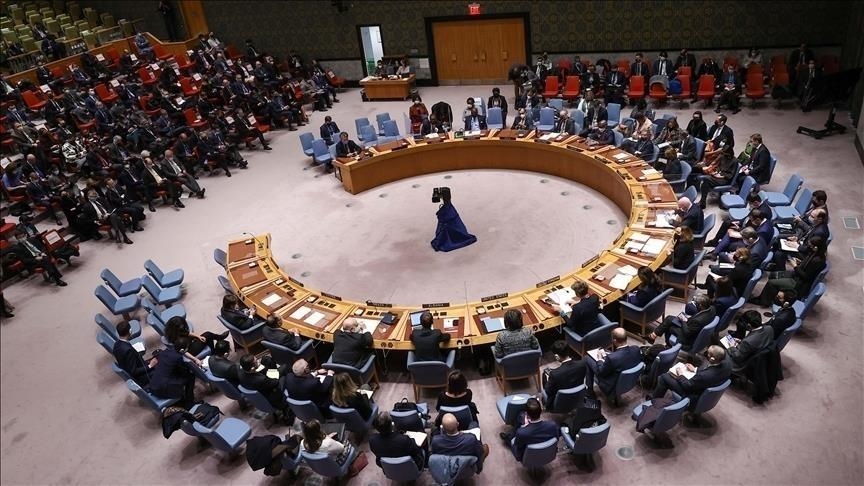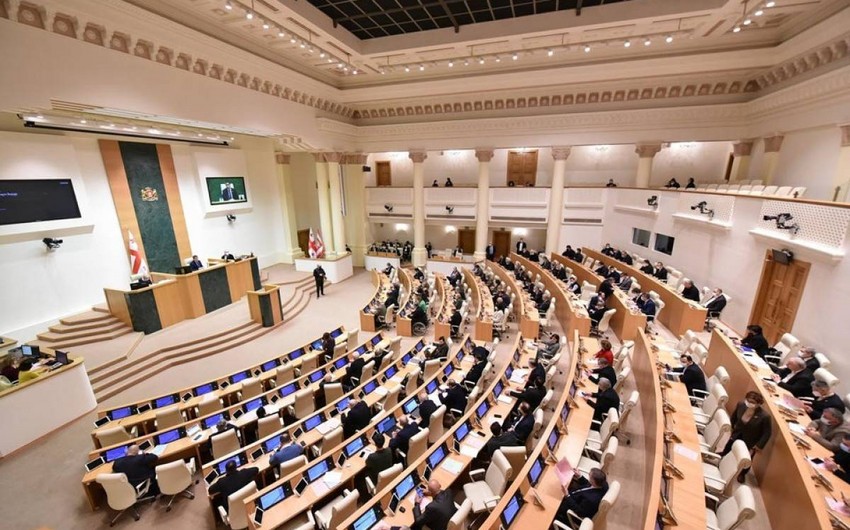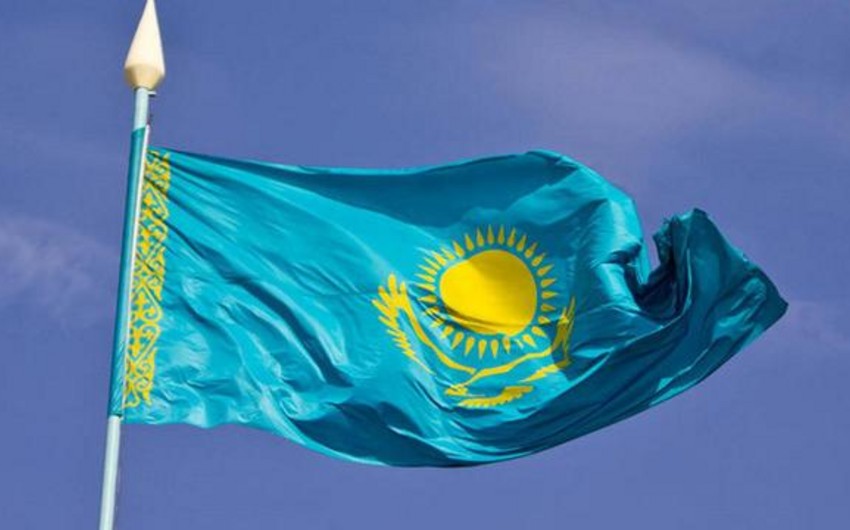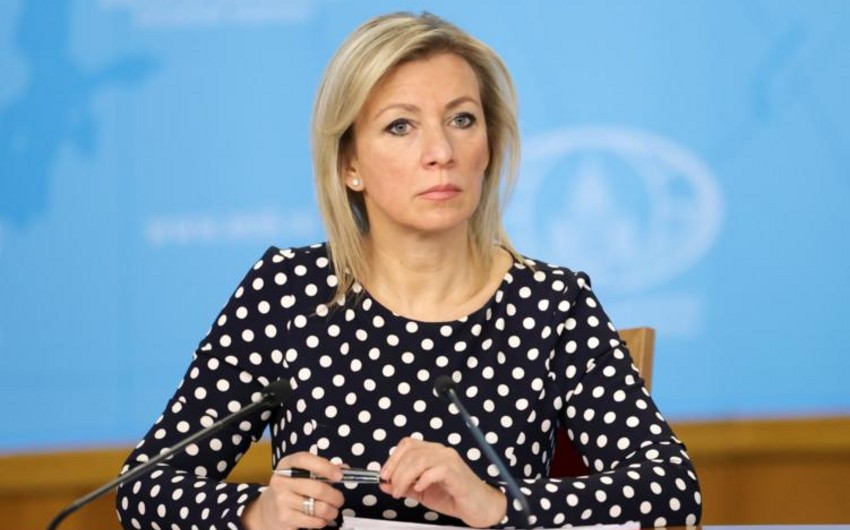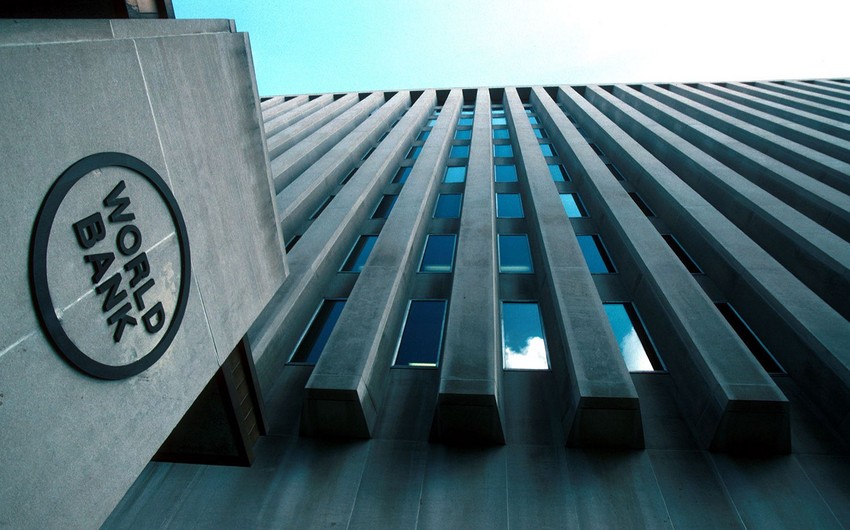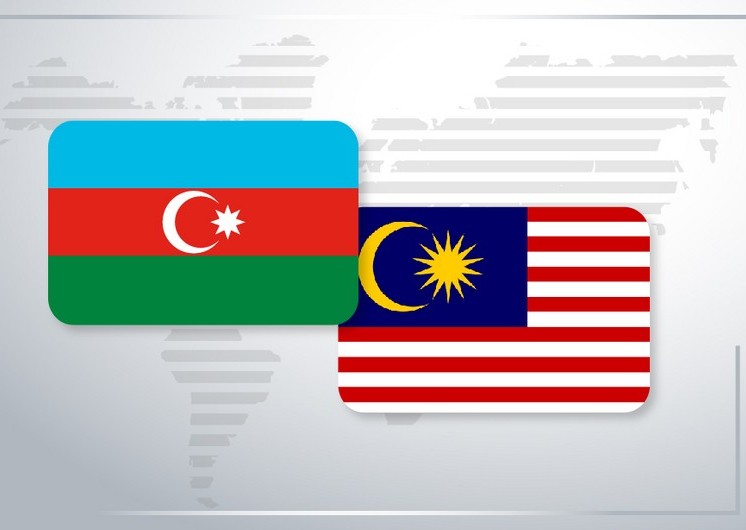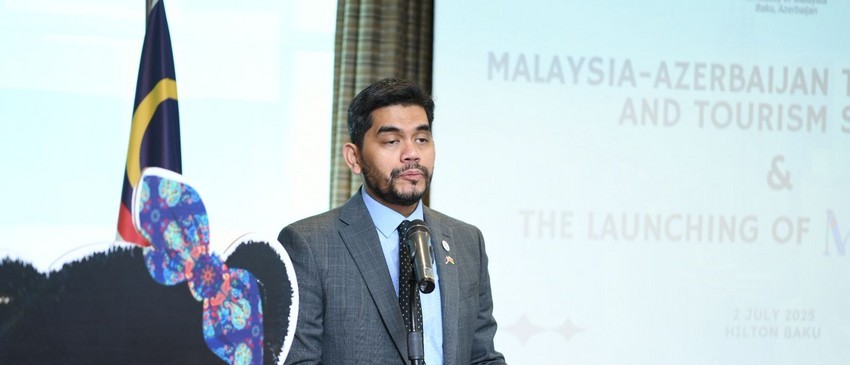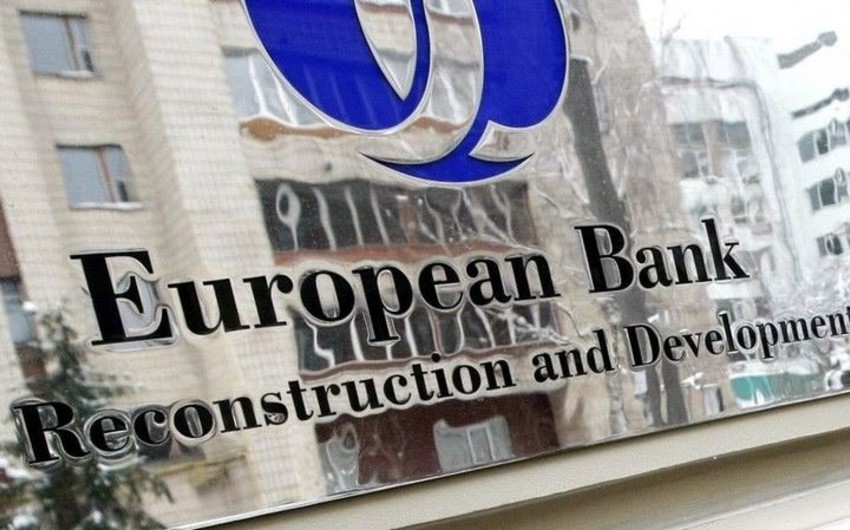Pakistan officially assumed the presidency of the UN Security Council on Tuesday for July, within its current two-year tenure as a non-permanent member that began on Jan. 1.
Pakistan's permanent representative to the UN and president of the Security Council for July, Ambassador Asim Iftikhar Ahmad, held a news conference outlining the country's priorities during its presidency.
He emphasized a commitment to peaceful dispute resolution and international law during Pakistan's eighth Security Council presidency.
Ahmad said Pakistan will conduct its presidency with transparency, inclusivity, and responsiveness to crises while valuing member state participation. He stressed Pakistan's approach reflects a deep responsibility and determination to uphold UN Charter principles.
High-level sessions planned
Pakistan's first high-level session on July 22 will focus on promoting international peace through multilateralism and peaceful dispute resolution, chaired by Pakistan's Deputy Prime Minister and Foreign Minister Muhammad Ishaq Dar, Ahmad said.
A second session on July 24 will address UN cooperation with regional organizations, including a briefing with the Organization of Islamic Cooperation, he added.
Palestine under close watch
Ahmad announced plans to elevate routine Israel-Palestine discussions to the ministerial level, emphasizing the council's responsibility to protect civilians and uphold international humanitarian law.
“This is our responsibility. We are making our efforts. We will continue to do that, and we hope that we will overcome the obstacles and we can eventually propose something from the council as an outcome that can contribute to ceasefire and peace and stability,” he said.
Ahmad noted that the postponed conference on the two-state solution for Israel and Palestine must resume, saying: “All those discussions, all those aspects of the Palestinian question, particularly the humanitarian crisis in Gaza, they remain under close watch in the Security Council.”
Security Council presidency
The presidency rotates monthly among its 15 members, in alphabetical order.
Pakistan was elected as a non-permanent member with an overwhelming support of the UN membership, securing 182 votes out of 193 in June 2024.
The UN Security Council consists of five permanent members with veto power—the US, Russia, China, France, and Britain—and 10 non-permanent members elected for two-year terms. Pakistan previously served on the Security Council seven times, the last one being in 2012-2013.

